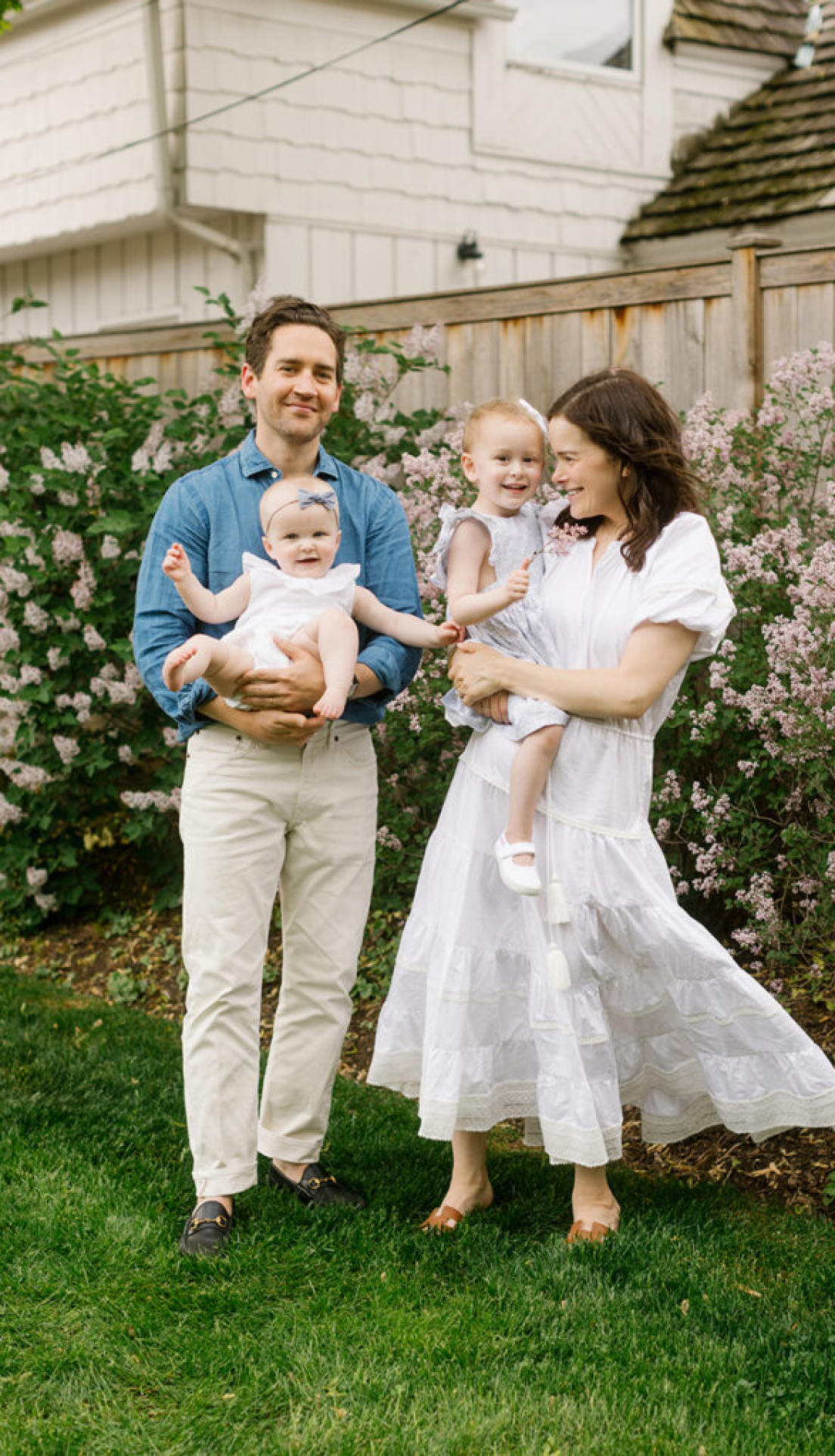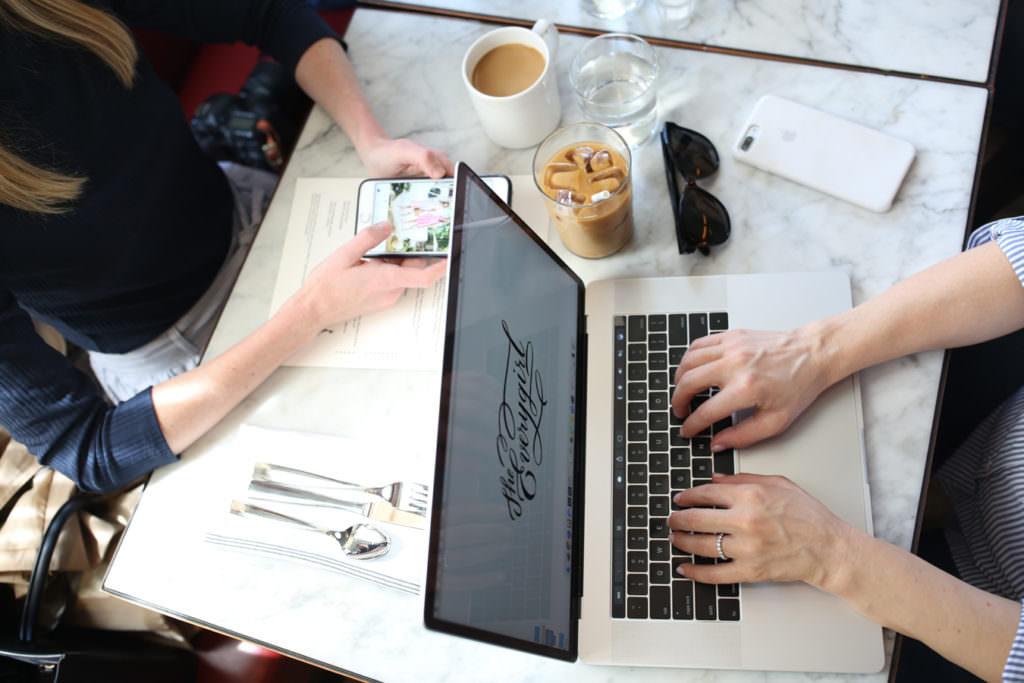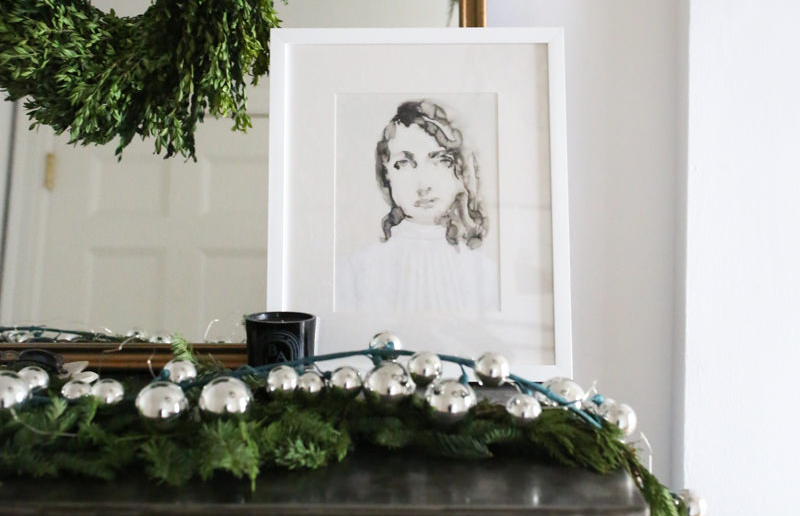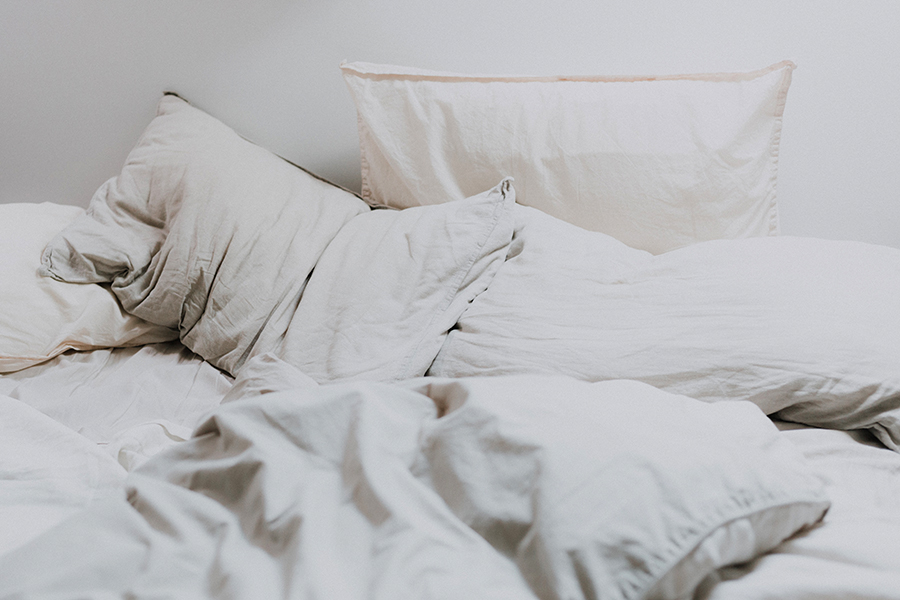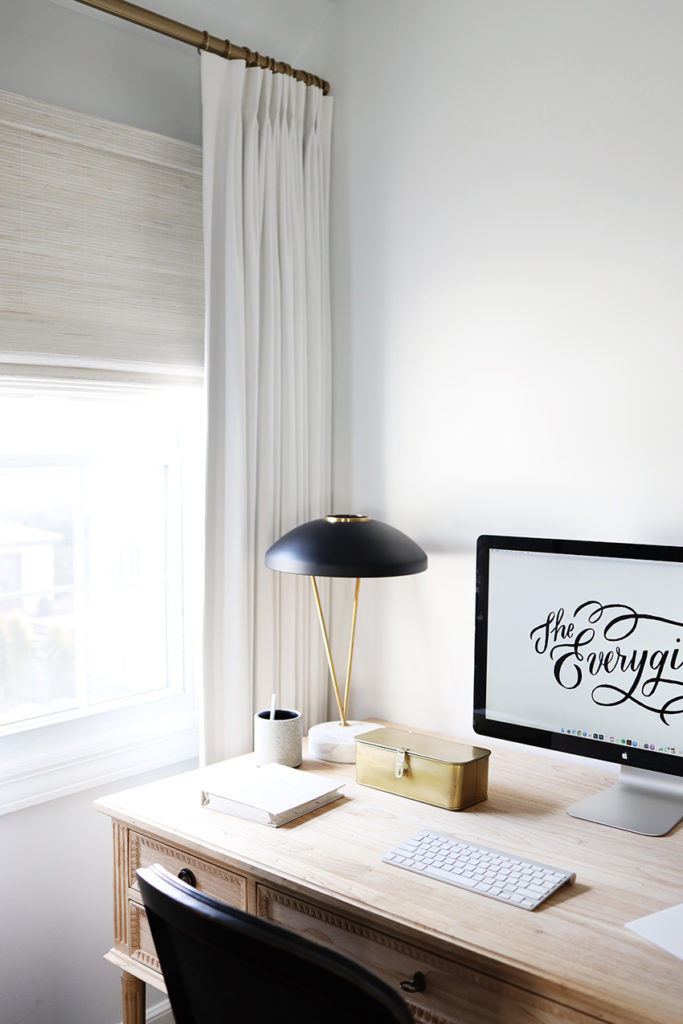Self Improvement
Setting and Maintaining Boundaries
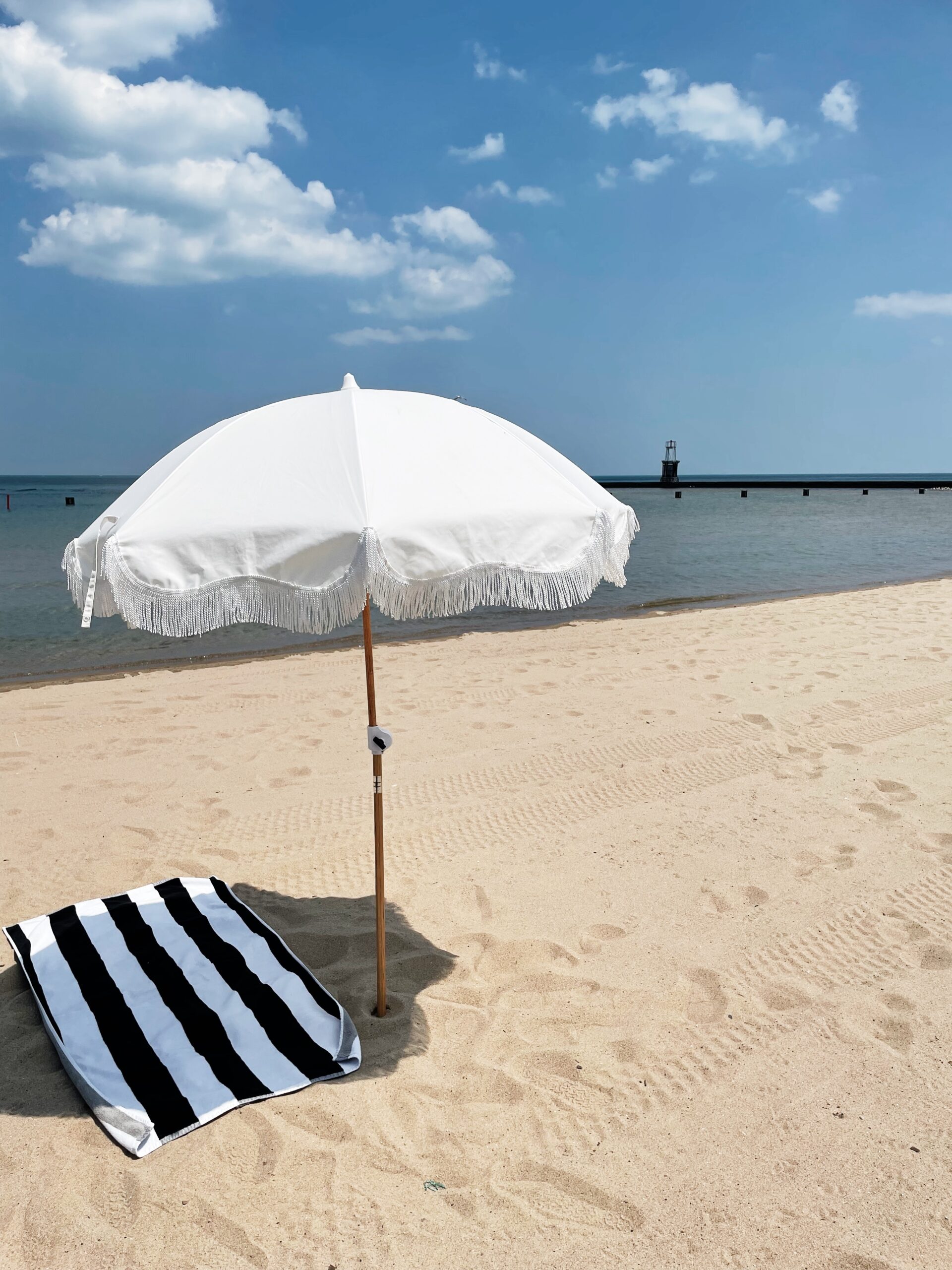

We are halfway through 2021 and the last 365 days came with some big life changes. Like many of you, I spent most of 2020 just trying to get through the year. The pandemic forced us to slow down and take a closer look at how we live. It took a global pandemic and life-changing diagnosis to force me to set some healthy boundaries and to finally put less pressure on myself. Don’t wait to create new goals, make big changes, or to say yes to what feels right for you. So let’s talk about setting and maintaining boundaries.
Setting and Maintaining Boundaries
Creating boundaries is hard, but it’s an important part of self-care. They will improve your self-esteem and will help you realize who you are, what you want, and what you need. It is often the case that we avoid creating boundaries because we worry what other people will think of us. For years, I struggled with burnout, and looking back, I didn’t know how to set or maintain boundaries with clients (specifically my inbox – it controlled me) or even social media. My work life balance did not exist and depending on the situation, it not setting boundaries could do serious damage. Up until this year, I felt so much anxiety around my instagram inbox. Looking back, it all came down to having zero boundaries.
Once you figure out what it is that feels good for you, setting a boundary isn’t easy.
It means someone or something will be impacted in a way that they may not agree with, and even though sticking to that boundary is self-care, saying “no” can be difficult. If you are coming from a good, kind, and honest place, and doing what is best for you, it’s ok to set a boundary. Here’s a good example: My instagram DMs were a big source of stress for me because I want to connect and really do love helping people. And while I know both of those things to be true, it felt like too much to try to stay on top of a constantly full inbox, or to link every item people asked about. The thought of someone feeling ignored made me feel terrible, but spending an 30-60 minutes answering questions all day didn’t feel great, either. So I let it go, started clearing my inbox, and offered more Q&As. Alleviating my stress but doing something that works for me.
How exactly do you practice setting and maintaining boundaries?
First, figure out what it is that you need and what feels right. If a person or behavior makes you feel anxious or uncomfortable, or just isn’t right, you need to set a boundary. That boundary can be anything from when a colleague can call you, family dropping by unannounced, a friend’s expectations of you, or asking your child’s caregiver to stick to a certain set of rules. Once you have identified your boundary, share it in a respectful way, but be sure not to over-explain. It took until my late 30s (ok, I’m still working on this but feel pretty good about it) to know that it is ok to say “no, that doesn’t work for me” or “here’s something that’s important to me” and that’s enough.
Years and years ago, I would get emails from readers who wanted to meet for coffee, and they caused far more stress than they should have. The thought of coming across as rude or disappointing someone would consume me, but I barely had time to see my friends and couldn’t take on weekly coffee dates. I would write back saying that I wish I could but offer up a list of why I couldn’t, feeling so anxious that I was letting someone down. I finally learned that I am not responsible for how someone reacts to my boundary. It is my job to communicate my boundary in a kind and respectful way. It is also not my job to over-explain. If this were to happen today, I’d just say I’m sorry, I can’t meet, but would be happy to answer a few questions over email if I felt that I could take that on.
Why I'm Glad I Started a Family Later in Life
It’s ok to say no to something that you don’t want to do.
If we said yes to everything, we’d never have a moment to ourselves. How unhealthy is that? Boundaries don’t need to be rigid – it isn’t about a set of black and white rules that we live by. It is our job to communicate our needs in a relationship and to respect others’ boundaries as well. One of the best ways to set healthy boundaries is to have honest and open communication. In any given relationship, one person should not have power or control over the other. If you find yourself feeling anxious, angry, or guilty, chances are that you need to set a boundary.
Know your rights and self-worth.
It is ok to say no without feeling guilty. If someone tries to make you feel guilty, they’re not respecting your personal boundaries. I usually hear from people who struggle with a family member or very close friend, but setting good boundaries is something you need to do for you. A lack of boundaries won’t lead to a healthier relationship – it will ultimately lead to resentment and exhaustion on your part. Healthy relationships have open communication and yes, boundaries. Your needs matter as much as theirs, and their expectations do not matter more than you taking care of yourself. Listen to your gut. If something doesn’t feel right, it’s probably not.
Learning to set healthy boundaries shifted the way I feel.
I didn’t figure this out overnight. It took time, growth, trauma, and working with a mental health professional to get here. And I’m not perfect, but I’ve learned to slow down, give myself personal space when needed, and to set some real boundaries. My anxiety has decreased, and I no longer get worked up when I say no to something. I am finally comfortable saying what feels safe for me – something that came up a lot over the last year. Sometimes, my boundary is to spend time away from my inbox to be with my girls. Or it’s taking a break to garden when I could be doing something else. Boundaries are self-care. They are a personal and emotional necessity, and at the end of the day, leave room for healthy relationships. When did saying yes to something that doesn’t feel good become reasonable? Once you become comfortable setting boundaries, you’ll find yourself feeling a lot less stressed and less likely to experience burnout.

